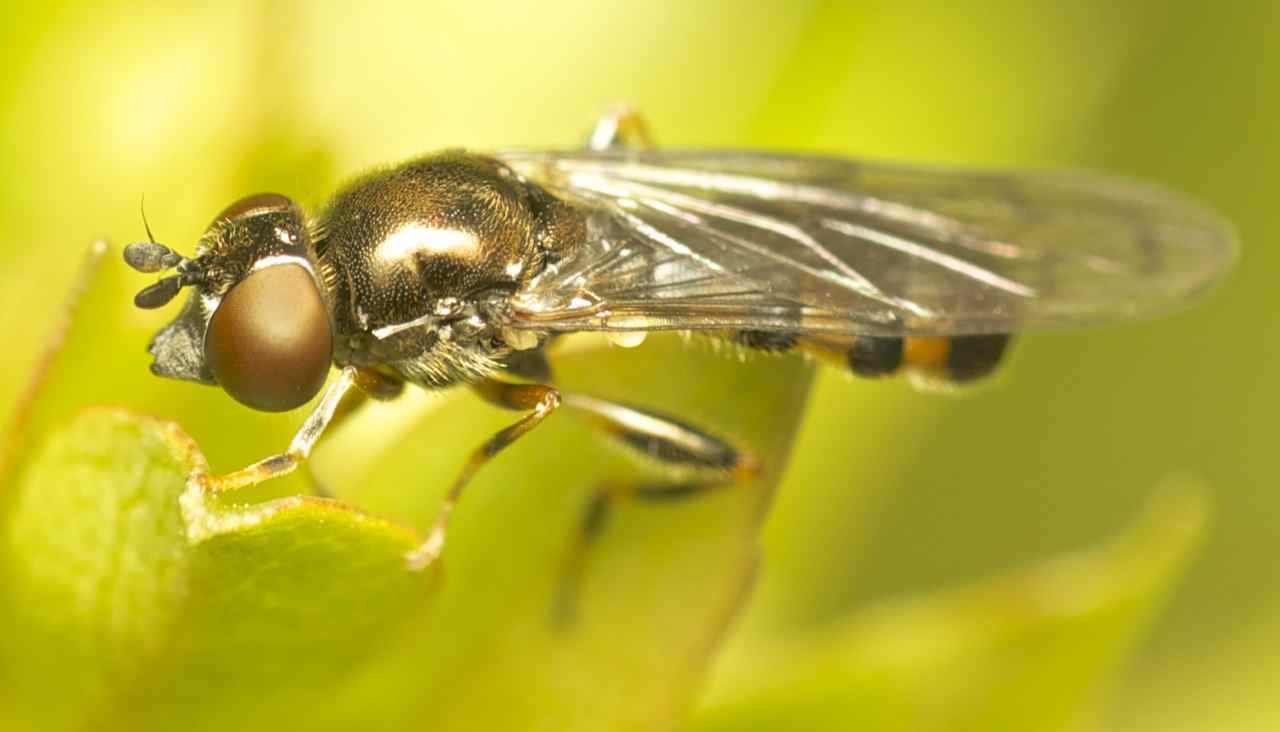Diptera.info :: Family forums :: Syrphidae
|
Neoascia cf. interrupta
|
|
| affiniscyanoviridis |
Posted on 17-11-2016 08:45
|
|
Member Location: Poland Posts: 384 Joined: 22.01.13 |
Hi, is it possible to ID? NE Poland 27042016 Best regards Joao affiniscyanoviridis attached the following image:  [32.08Kb] Edited by affiniscyanoviridis on 23-11-2016 07:38 |
|
|
|
| Sundew |
Posted on 22-11-2016 01:32
|
|
Member Location: Berlin and Baden-Württemberg, Germany Posts: 3939 Joined: 28.07.07 |
This might be Neoascia podagrica, but these flies are tricky. To differentiate between Neoascia and Sphegina one needs to see the wing venation. |
|
|
|
| affiniscyanoviridis |
Posted on 22-11-2016 08:38
|
|
Member Location: Poland Posts: 384 Joined: 22.01.13 |
Ok, thanks for your reply. I will check if I have a decent pictutre from the top! Best regards J |
|
|
|
| affiniscyanoviridis |
Posted on 22-11-2016 08:52
|
|
Member Location: Poland Posts: 384 Joined: 22.01.13 |
Maybe it will help! Regards J affiniscyanoviridis attached the following image:  [41.49Kb] |
|
|
|
| Sundew |
Posted on 22-11-2016 13:16
|
|
Member Location: Berlin and Baden-Württemberg, Germany Posts: 3939 Joined: 28.07.07 |
Neoascia podagrica has darkened cross veins that form a right angle (see https://www.flick...638744863/ and compare with a Sphegina in http://syrphidae..../file/3049). I think we can see three straight dark lines here, so I would prefer that species. Labeling the pics "Neoascia cf. podagrica" should not be too wrong! |
|
|
|
| Fred Fly |
Posted on 22-11-2016 13:27
|
|
Member Location: Germany Posts: 396 Joined: 19.07.11 |
Hi Sundew, keep in mind that there are additional Neoascia with darkened cross veins. Par example N. interrupta which has a short third antennal segment and three pairs of spots (tergites 2-4 each one pair). Very best regards |
|
|
|
| Sundew |
Posted on 22-11-2016 15:17
|
|
Member Location: Berlin and Baden-Württemberg, Germany Posts: 3939 Joined: 28.07.07 |
Nice to hear from you, dear Piet - I have already missed you! Indeed I overlooked N. interrupta that is not comparatively illustrated in my book and usually looks more colourful than N. podagrica (see https://www.flick...383858487/). There seem to be yellow spots at the basal corners of tergite 4, so "N. cf. interrupta" would possibly be closer to the truth  . . |
|
|
|
| Fred Fly |
Posted on 22-11-2016 19:14
|
|
Member Location: Germany Posts: 396 Joined: 19.07.11 |
Dear Sundew, I missed you too! This female of Neoascia is indeed belonging to interrupta. I would expect this species in Poland in marshy areas surounding larger rivers and lakes or near Baltic Sea. Very best regards Piet |
|
|
|
| affiniscyanoviridis |
Posted on 23-11-2016 07:31
|
|
Member Location: Poland Posts: 384 Joined: 22.01.13 |
Hi, thanks you both for time and ID. Best regards Joao |
|
|
|
| Sundew |
Posted on 24-11-2016 00:44
|
|
Member Location: Berlin and Baden-Württemberg, Germany Posts: 3939 Joined: 28.07.07 |
You can delete the "cf."  Piet's identification is reliable without doubt. Piet's identification is reliable without doubt. |
|
|
|
| Jump to Forum: |












